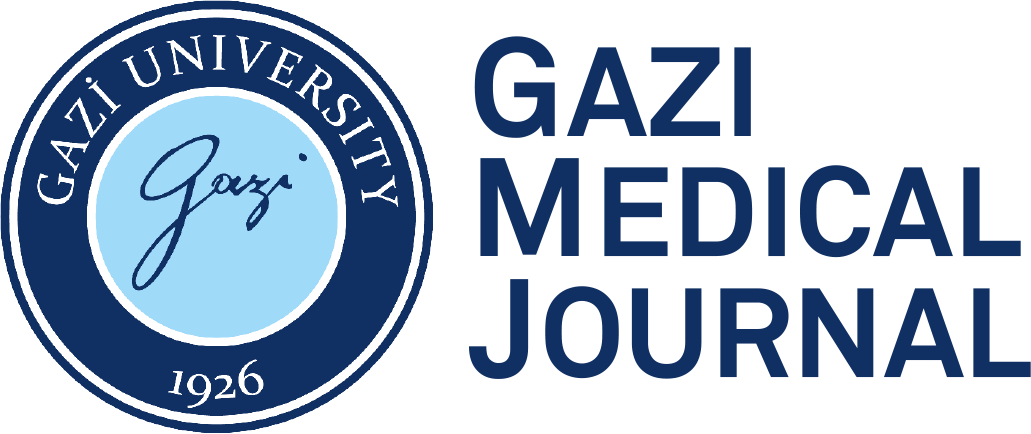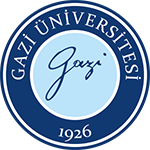ABSTRACT
Conclusion:
The level of kowledge about cancer among the public is inadequate and thisresults in subjective value judgments, which directly influence anxiety le-vels. Therefore, parents need to be informed more extensively about the prevention and treatment of cancer to decrease their anxiety.
Results:
At least one cancer patient in their close community was known to 40.3% of the mothers.Information on cancer was mostly obtained from healthcare centers (20.7%), the media (35.3%), friends and relatives (10.7%), or both the media and friends and relatives (33.3%). The most widely known childhood cancers were leukemia and lymphoma. The rate of cancer screening among the participants was 7.3% (n= 22). There was no significant correlation between having a family member with cancer and undergoing screening for cancer (p>0.05). The three main reasons for cancer were stated as smoking, food, and alcohol. The rate of smoking among the mothers was 57% and smoking was more common among mothers with less knowledge although this difference was not statistically significant. Twenty-three percent of the participants thought that cancer could not be treated. Mostly mothers stated that they would feel great sorrow and would experience gre-at anxiety if they had a child with cancer. Only 22.7% of the mothers had sufficient knowledge about cancer. Anxiety on a subject exists when the level of information is inadequate. However, we found no correlation between the anxiety levels and the level of information about cancer among the mothers. Moreover, 71.7% of the mothers stated that they would not tell their child if he or she were diagnosed with cancer, while 7.7% said that they would not know what to do in that situation.
Materials and Methods:
This cross-sectional study examined 300 mothers ofchildren who presented to Kırıkkale University, Medical School, Pediatrics De-partment and two health centers in central Kırıkkale. Questionnaires consisting of 38 questions were completed by a research assistant by face-to-face interviews after permission was obtained from the mothers.The mothers’ knowledge was regarded as good if 8-10 of the 10 knowledge ques-tions about cancer were answered correctly, while 4-7 indicated moderate know-ledge and 0-3 poor knowledge.
Purpose:
Cancer is a physical disease but it has mental and social components. It is usually perceived as an illness that suggests death involving feelings of guilt, panic, hostility, aggression, anxiety, loneliness, and helplessness. It was reported that 50% of the parents of cancer patients had psychiatric disorders and that 73% of these were depressive disorders. The main reason for the anxiety is the close asso-ciation of the illness with death and a lack of knowledge about childhood cancers.The aim of this study was to evaluate the knowledge and attitudes and anxiety level of mothers regarding childhood cancers.



